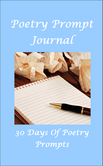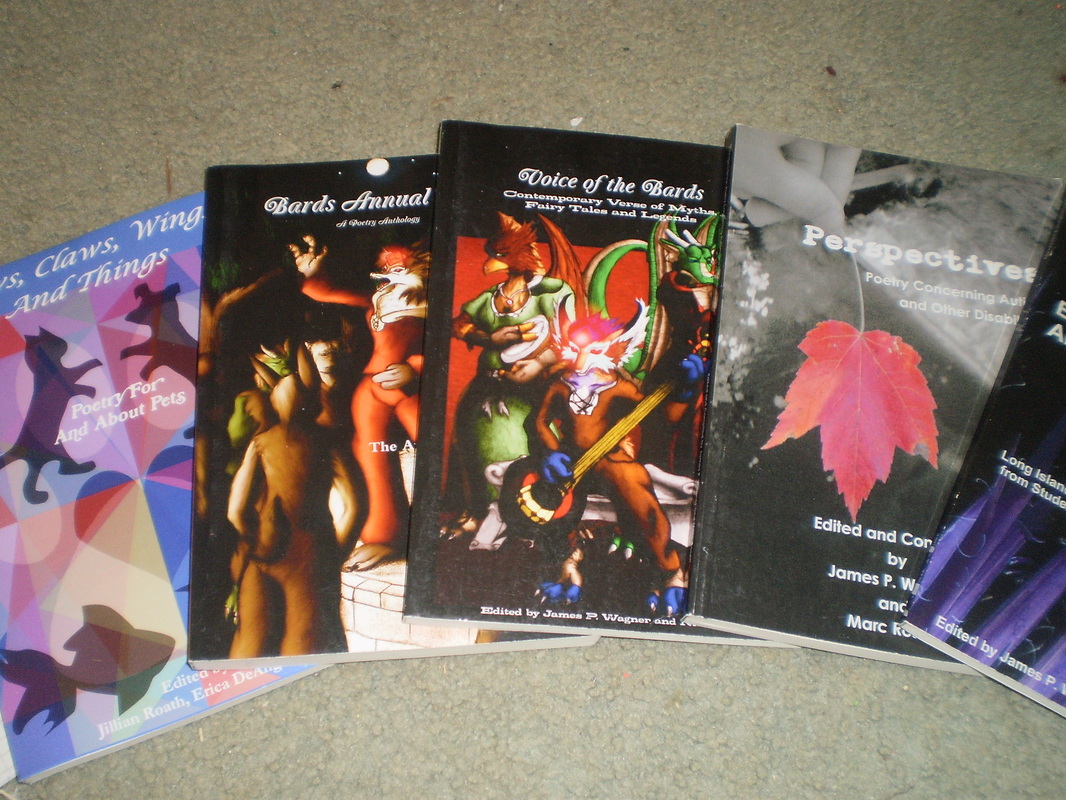The art of poetry is something that has been tried and true, tested for thousands of years. And despite some misconceived popular beliefs, it is more relevant than ever. In fact, in a fast-paced world where the most common complaints are that people are moving too rapidly, that people feel more connected through technology but less connected than ever and that people don't seem to listen, poetry is the perfect remedy--especially for the younger folks of generation Y.
Let's face it--there have been quite a few advantages and disadvantages of growing up in the Y generation. Some of the advantages include the fact that the Y generation is in many respects one the most educated and most skilled generations that has yet existed. Yet for all of the abilities they also seem to lack motivation or at the very least suffer from a confusion of where to put their skills, usually suffer from a depression resulting in lack of community or fulfilling relationships, and have poorer social skills because of so much time spent around a computer screen. Many of them also seem to reject the idea of a work-a-day lifestyle because of an itch...the itch to do something and be part of something bigger and more fulfilling.
What does poetry have anything to do with any of this, you might be wondering. Quite a bit more than one might think at first glance. Let us first clarify what we are talking about when we mean poetry. When talking about poetry here, we do not mean a lone person writing pages and pages of verse that they hide away in a filing cabinet or a computer folder for years--although there can certainly be reward in that. We are talking about a person being part of one of the many emerging and growing poetry communities that have been popping up and roaring all over. The communities are notorious for hosting poetry readings and open-mics on a regular basis. Attending standard poetry open-mics on a regular basis has the potential to be a great remedy for many of the issues that the younger generations suffer from.
First and foremost: writing poetry itself is very therapeutic. The younger generations have more on their minds today than practically any generation (or possibly any generation) ever has before. With so much mental activity one of the biggest stress-related factors has to do with having too much going on and no way to get it out. So often younger people have so many things on their minds flowing around in a soup of complexity in their brains--and too often it stays there, adding up, becoming too much. Sitting down to write poetry helps to funnel one's thoughts into something coherent both for themselves and for other people--and it helps to get things off the chest/mind/etc.
Secondly: the need to be heard in a world where no one listens. Everyone at an open-mic gets their 3 minutes. For those 3 minutes, everyone respects you, everyone listens, and everyone
cares. In addition--everyone who gets 3 minutes has to give the same level of respect for everyone else for their 3 minutes. It goes both ways, and helps to teach respect.
Third: The ability to be social and share. Reading poetry in front of an audience establishes confidence, and in some cases gives the people listening a chance to get to know a little bit about the reader. In a world where social skills are declining, the ability to be in front of a live audience is quite a blessing because the reader knows that everyone is listening--the floor is on them, and they can use the time to talk about some of the many things that have been on their mind by using poetry as a proxy. Poetry readings in many ways have become the modern-day juntos that Ben Franklin was so enthusiastic about.
More importantly, in a world where the small village community where you knew your neighbors is quickly becoming a myth told in the storybooks, poetry and the community it creates becomes a breath of fresh air where friendships based on respect and listening and sharing are formed and last for years. And the best part? Poetry readings are low-maintenance. All one needs is a place, a podium, and people to share the poetry with. No worries about financial hardships and no worries about budget cuts. The good news about poetry? Poetry has lasted through thousands of years and it still exists in the world of smartphones, the internet, virtual reality and talking cars. And the even better news? It's not going anywhere anytime soon.




 RSS Feed
RSS Feed